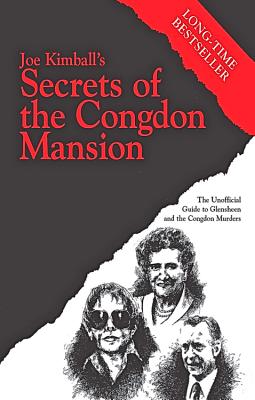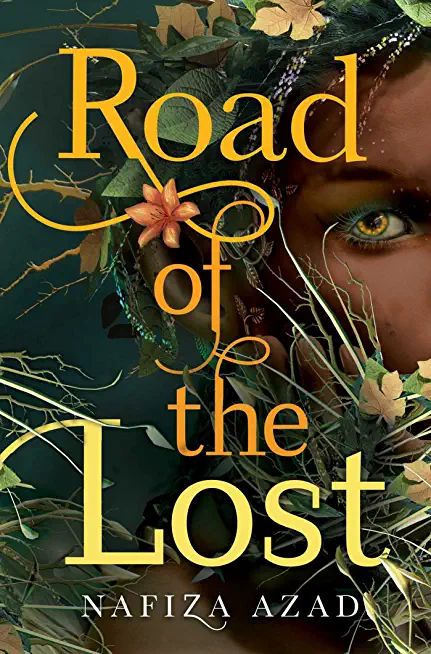
Zhichang, Li
product information
description
ts authoritative and eminently readable translations of classical Chinese literature, in bilingual editions, ranging across three millennia and the entire Sinitic world. In the early years of the Mongol empire, the Quanzhen Daoist master Qiu Chuji (1148-1227, religious name Changchun) made an arduous three-year round-trip journey from north China to the Hindu Kush in 1221-23 in response to a summons by Chinggis Qan. The record of this journey compiled by Li Zhichang (1193-1255), one of Qiu's disciples, offers a detailed eyewitness account of travel across the Mongolian plateau as well as Central Asia in the immediate aftermath of Mongol conquest. It stands out from other thirteenth-century Chinese travel narratives in length, quality, and thoroughness of detail, endowing it with unique historical, geographical, cultural, and literary value. Ruth Dunnell, Stephen West, and Shao-yun Yang's new, complete, and annotated translation of the text for the first time renders all of Qiu Chuji's poems in the original Chinese. Omitted from older translations as insipid or irrelevant, Qiu's poetry opens a window into the Quanzhen practice of self-cultivation and its proselytizing mission and captures an educated Chinese observer's impressions of a vast, unfamiliar world of grasslands, deserts, and towering mountain ranges. This book includes an appendix with translations of related documents (such as the edicts of Chinggis Qan to Qiu), and concise yet detailed notes drawing upon a wealth of recent scholarship to guide both general and specialist readers. In addition to an introduction that situates the reader in the worlds inhabited by Qiu Chuji and his patron, the Mongol Qan, the translators have provided a digital StoryMap of Changchun's journey.
member goods
No member items were found under this heading.
Return Policy
All sales are final
Shipping
No special shipping considerations available.
Shipping fees determined at checkout.







